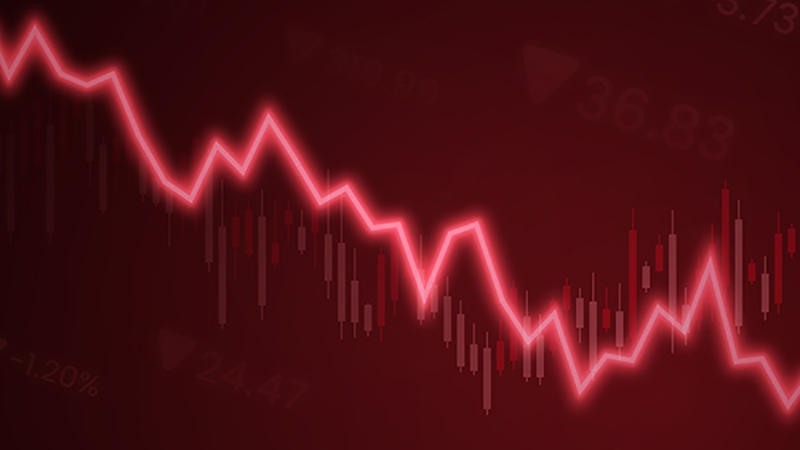Abrdn suffered a 35% increase in outflows during its 2023 financial year, according to its annual results published today (27 February 2024). Excluding LBG and liquidity products, the firm experienced £13.9bn of outflows, compared to £10.3bn of outflows in 2022.
Total assets under management and advice fell by just 1% overall, from £500bn to £494bn, with growth in interactive investor and its Adviser platform partially offsetting outflows.
Net operating revenue fell by 4% year-on-year to £1.4bn as a result of both outflows and “adverse markets”, according to the company, while adjusted operating profit was 5% lower at £249m. The business’s cost-to-income ratio remained unchanged at 82%.
Investments arm
Adjusted operating profit in the investments arm of the business shrunk by 62% in 2023 compared to the previous year, by £80m to £50m. This was the result of 17% less revenue, but Abrdn said this was “party offset” by an 11% reduction in costs.
Gross flows in 2023 fell by 15.2% from £59.3bn to £50.3bn, which Abrdn said was due to the uncertain market environment and its impact on investor sentiment.
Performance of mandates also suffered, with 42% of products outperforming their benchmarks over three years to the end of 2023, compared to 65% to the end of 2022. The firm said this reflected a “challenging period for active managers” and said its equity funds were particularly hard hit, due to AUM bias towards Asia and emerging markets as well as its quality-growth investing style.
The investments arm of Abrdn’s business has suffered lacklustre performance over recent years and has subsequently been undergoing a “transformation plan”, with the firm announcing 500 redundancies amid stubborn outflows earlier this year. The company has also been merging or closing some of its funds and investment companies to stem outflows, including folding GARS into its Diversified Assets suite of products in July 2023.
CEO Stephen Bird aims to reduce business costs by at least £150m by the end of 2025 compared to last year, with 80% of these savings coming from the investments business alone. Implementation costs are expected to reach £150m and will largely take place throughout the course of this year, with the group’s adjusted operating profit expected to be £60m lower by the end of this year.
Interactive Investor and Adviser
However, Interactive Investor, which Abrdn acquired in 2022, saw its net operating revenue increase by 43% from £201m to £287m, with adjusted operating profit ticking up 58% in 2023 to £114m, compared to £72m in 2022. Net customer growth increased by 4% while net flows stood at £2.9bn.
Meanwhile, its Adviser platform experienced a 21% rise in net operating revenue to £224m from £185m in 2022, due to higher income from Treasuries. Adjusted operating profit also increase by 37% to £118m, although inflows – including into its model portfolio service – dropped by 12%.
Commenting on the group’s overall results, CEO Bird said: “We have continued with our determination to build a modern investment company that is capable of thriving in a changing marketplace. In January of 2024, we took the next step in that process, announcing a £150m cost transformation programme to accelerate the delivery of a more sustainable cost base that can support appropriate long-term profitability. The need to continue applying downward pressure on costs was underlined by another challenging year.
“Throughout 2023, the ‘higher for longer’ rate environment across developed economies put sustained pressure on most asset classes, and while the market now expects a reversal over 2024, there is no doubt that we have felt the effects in our Investments business. The upside is the impact higher rates have had on income in Adviser and ii, underscoring the benefits of our diversified business model, which delivers through the economic cycle.”
He added: “When we embarked on our transformation journey back in 2021, not many would have foreseen the level of global economic and geopolitical turmoil we have since experienced. That has inevitably hindered our progress, and directly impacted performance.
“Nonetheless, we have moved at pace to evolve the business and create a model that is better suited to the modern investment landscape, better aligned to the products and services clients will want in the coming years and better positioned for future growth.”










